Ideas and Futures: A Collaborative for Just and Vibrant Societies is a non-profit dedicated to fostering collaborative, international intellectual and creative approaches to contemporary crises of polity, society, democracy and imagination in relation to ongoing struggles for dignity, freedom and sustainability. We believe that the humanities are vital to these discussions and advocate vigorously for their capacity to contribute to the most pressing social questions, urgencies and debates. We value and encourage experimental work that crosses boundaries of media, discipline and nations.
We hold seminars on a variety of topics spanning the arts and literature, social transformation, migration, international cooperation, labor and the quality of life, as well as environmental and economic sustainability. We also foster collaborative research groups comprising academics, artists, activists and anyone who wants to think collaboratively on a number of themes especially social justice, equality, citizenship and the role of arts and humanities in society, and enable collaborations between national and international scholars, artists, activists and thinkers. We are proud to be part of a large group of advisors and collaborators committed to such work.
The Ideas and Futures e-platform is open-source dedicated to making such work available to all.
FOUNDING DIRECTORS
Sadia Abbas (Rutgers University-Newark)
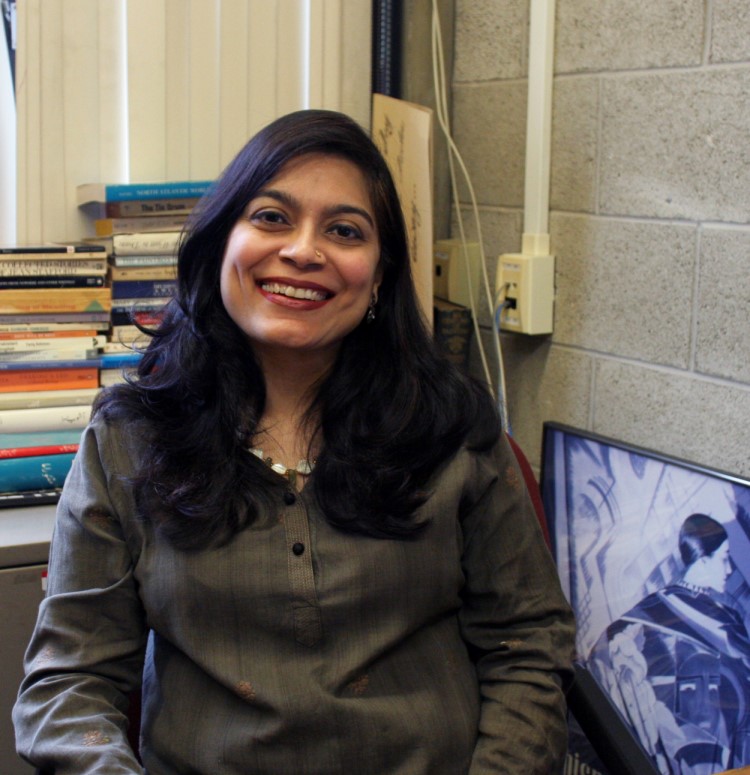
Executive Director
Photo Credit: Lawrence Lerner
Faisal Devji (Oxford University)

R. A. Judy (University of Pittsburgh)
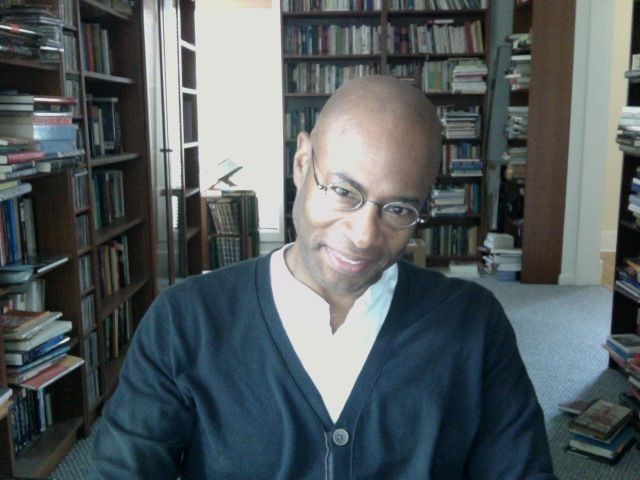
Raza Rumi (Ithaca College)

Shahzia Sikander (Artist)
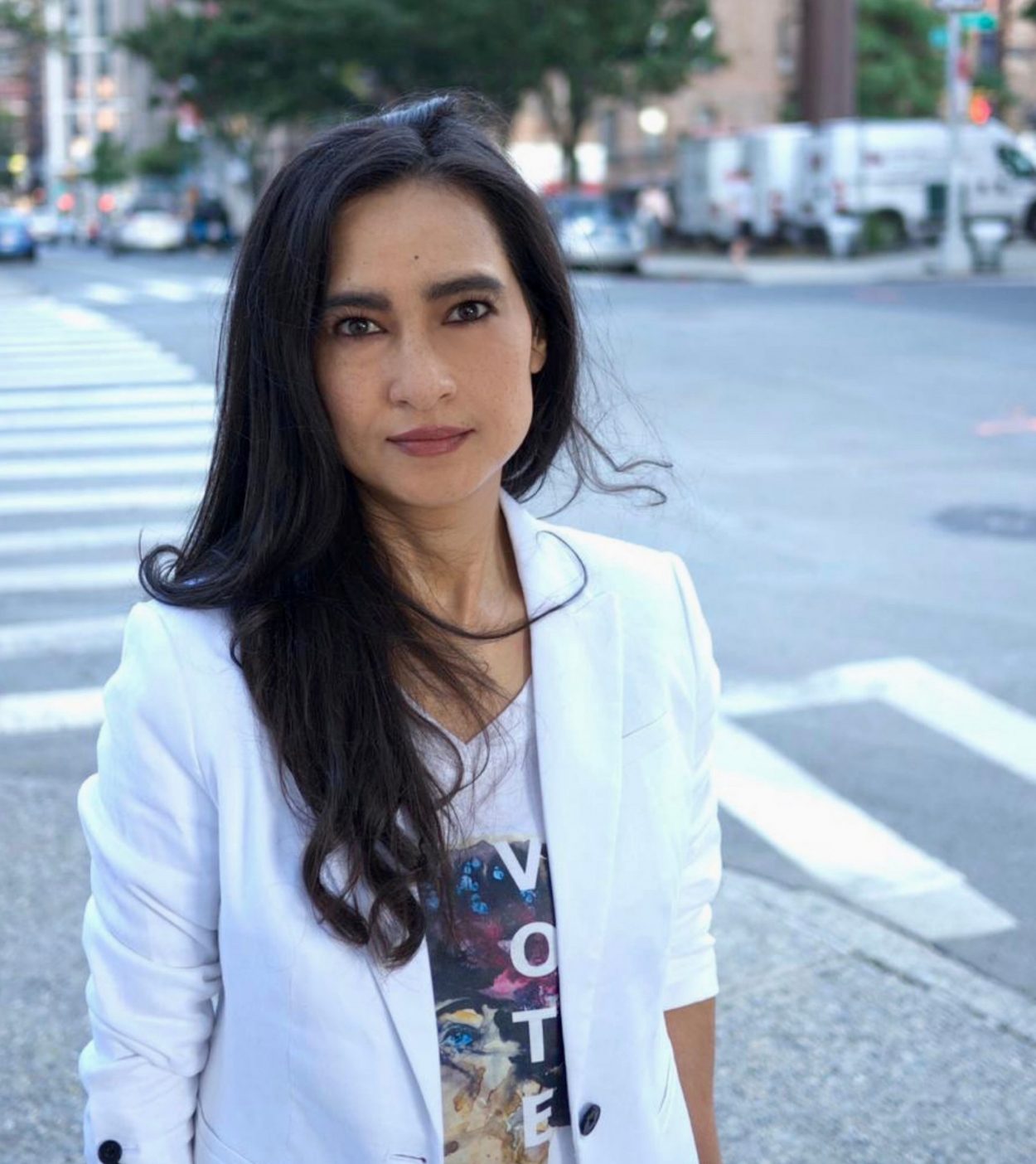
Photo Credit: Matin Maulawizada
ADVISORY BOARD/COLLABORATORS
Ayad Akhtar (Writer)
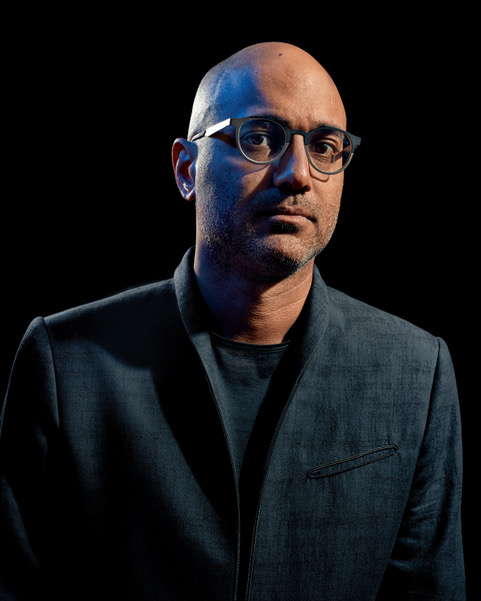
Photograph Credit: Vincent Tullo
Osseina D. Alidou (Rutgers University-New Brunswick)

Paul Amar (UCSB)

Nancy Cantor (Chancellor, Rutgers University-Newark)
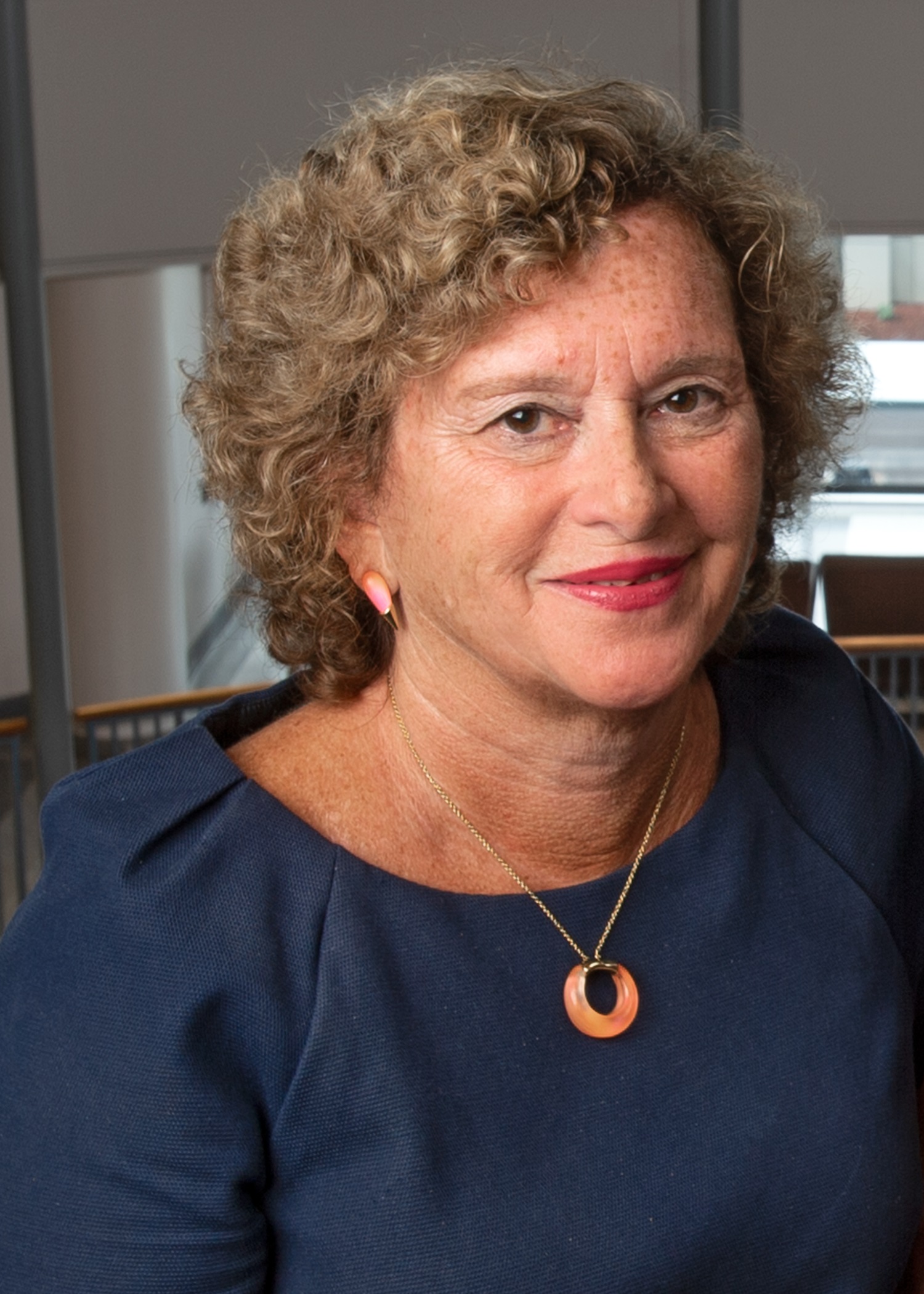
Belinda Davis (Rutgers University-New Brunswick)
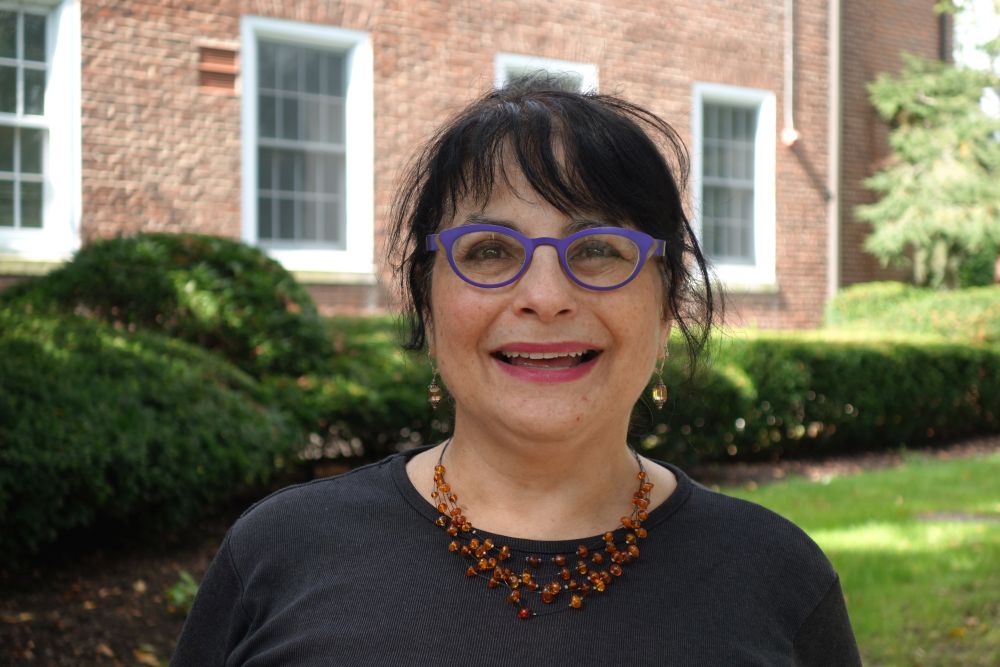
Niilofur Farrukh
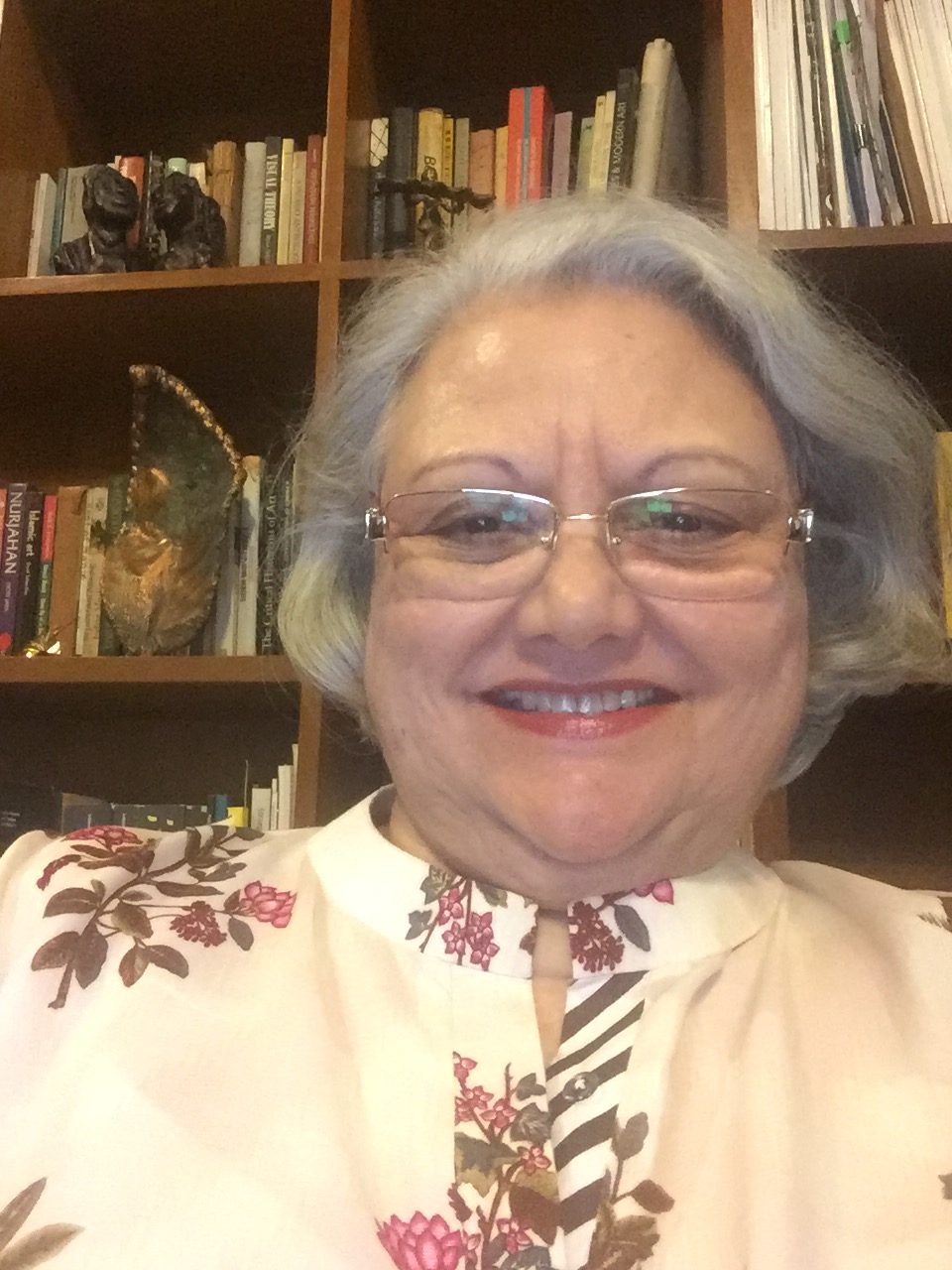
Bill Fletcher, Jr. (Writer and Activist)
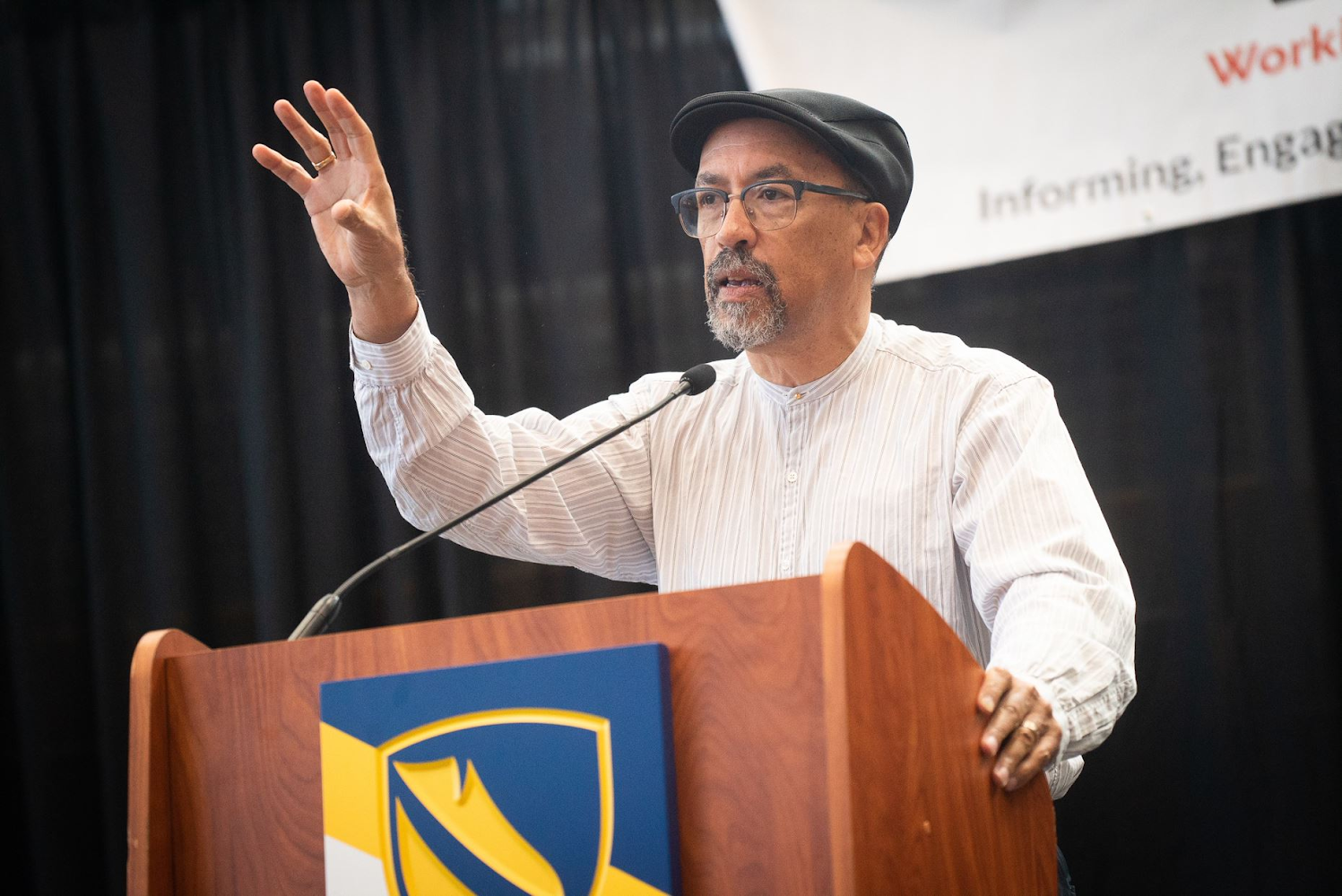
Laura Harris (NYU)
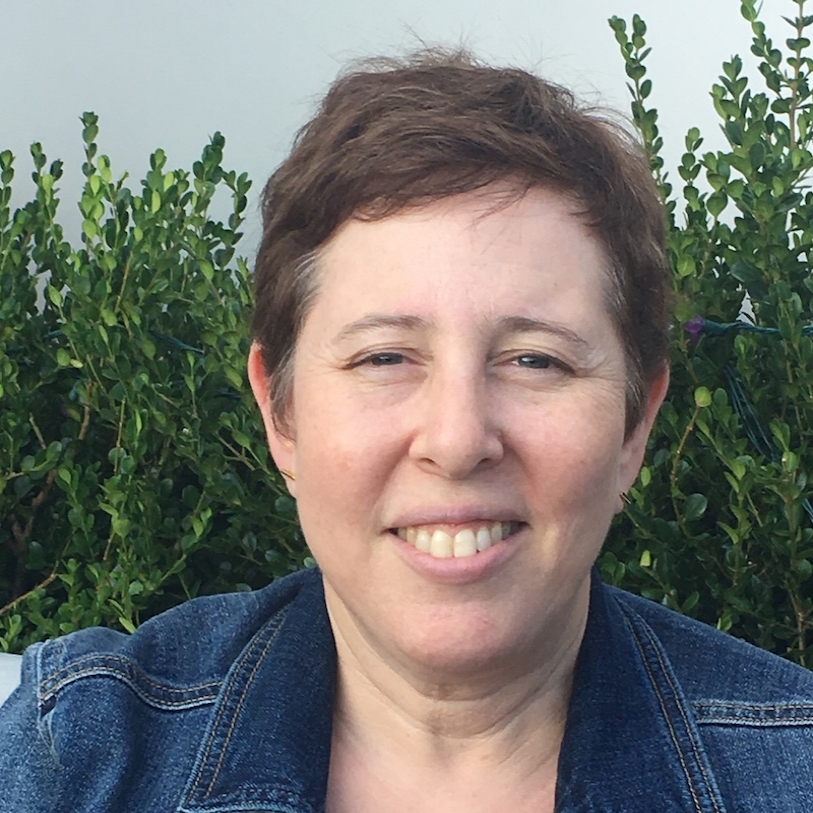
Bilal Hashmi (University of Toronto)
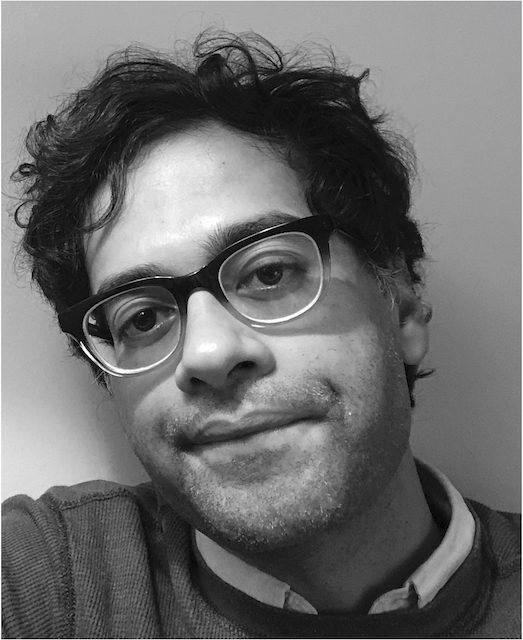
Hasan Karrar (LUMS)

John Keene (Rutgers University-Newark)
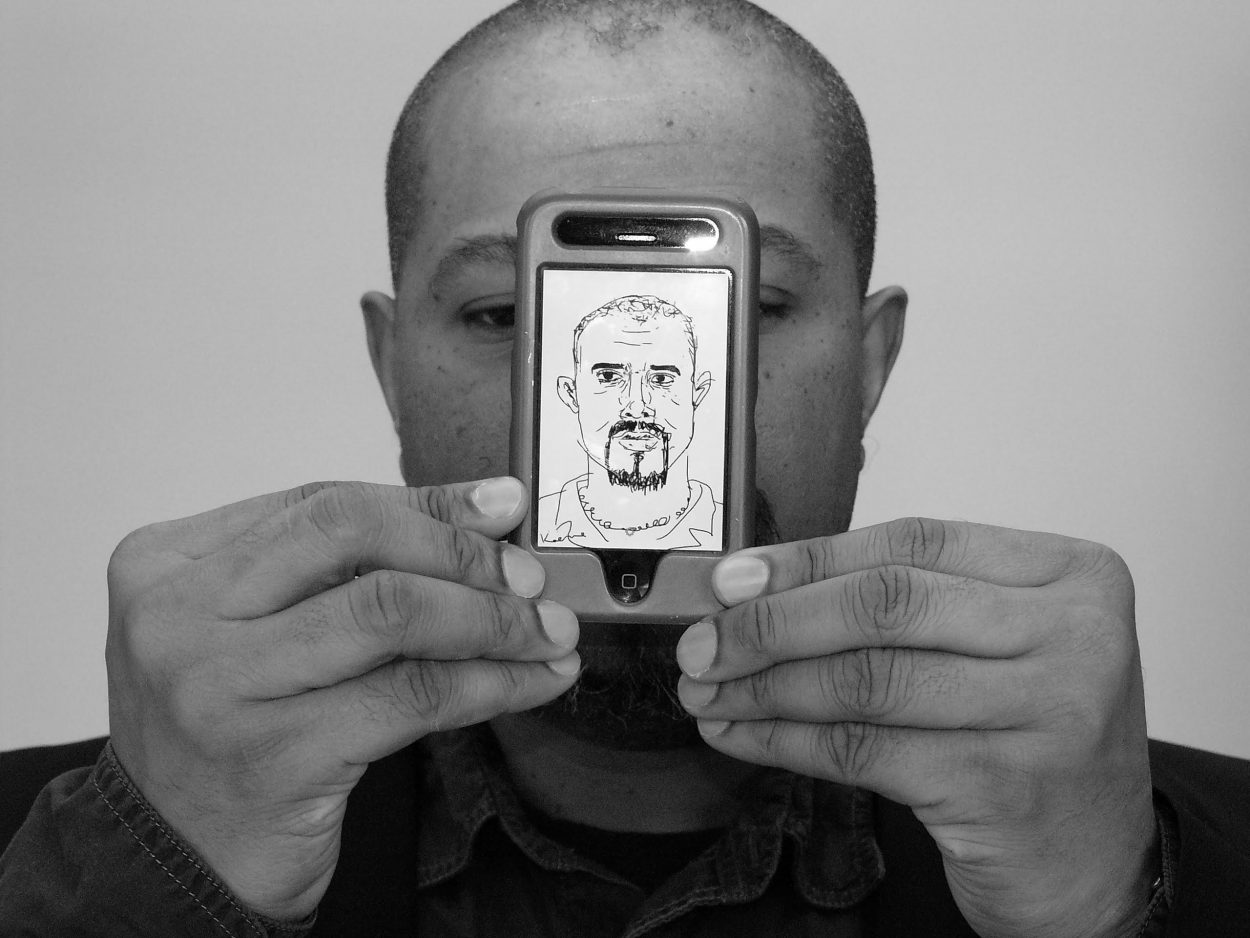
Biju Matthew (Rider University, New York Taxi Workers Alliance, India Civil Watch)

Mora McLean (Independent Historian)

Fred Moten (NYU)

Andrew Perrin (UNC, Chapel Hill)

Dimitris Plantzos (National and Kapodistrian University of Athens)
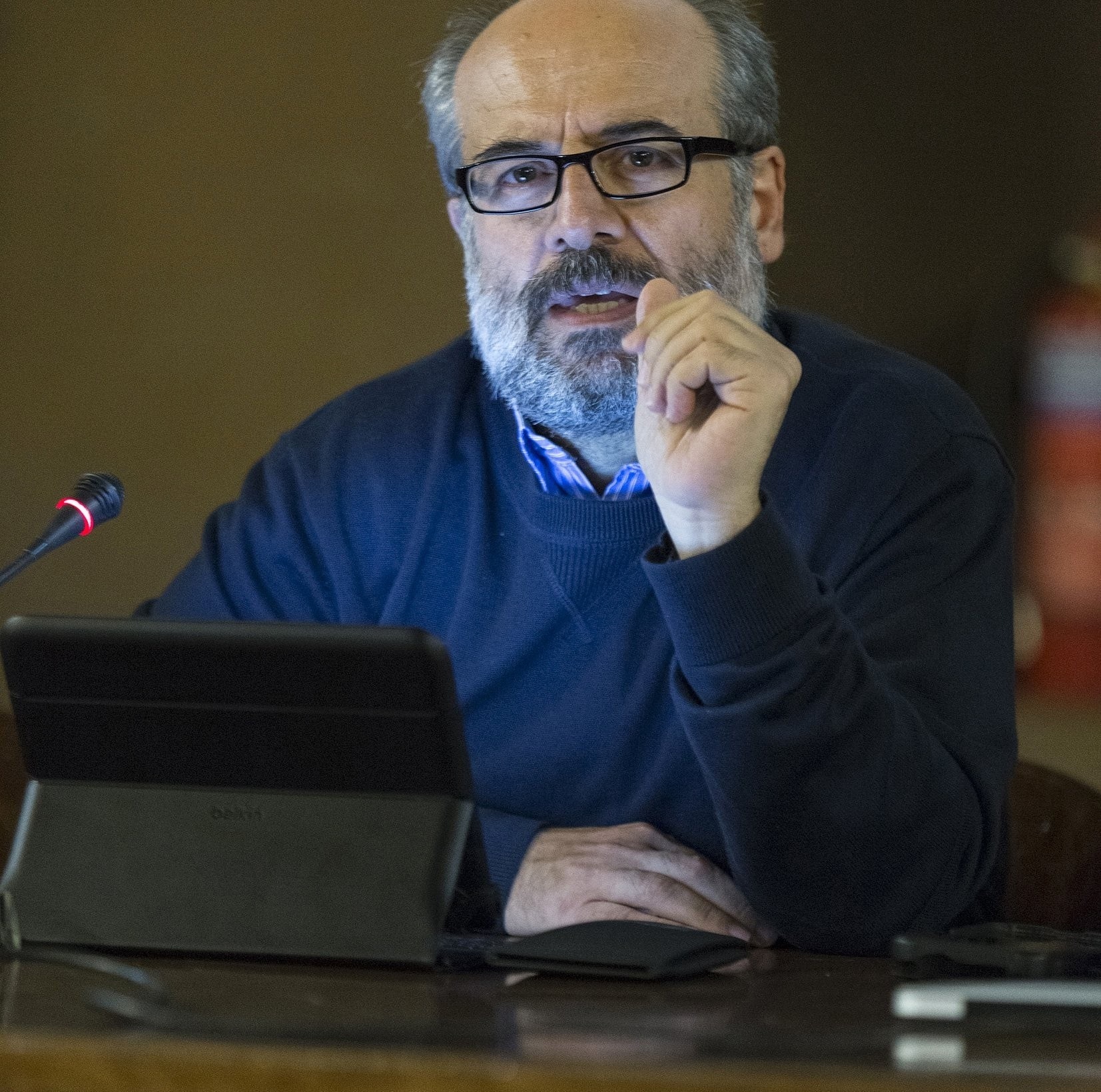
Samah Selim (Rutgers University, New Brunswick)

Phevos Simeonidis (Disinfaux Collective, Refugee Activist)
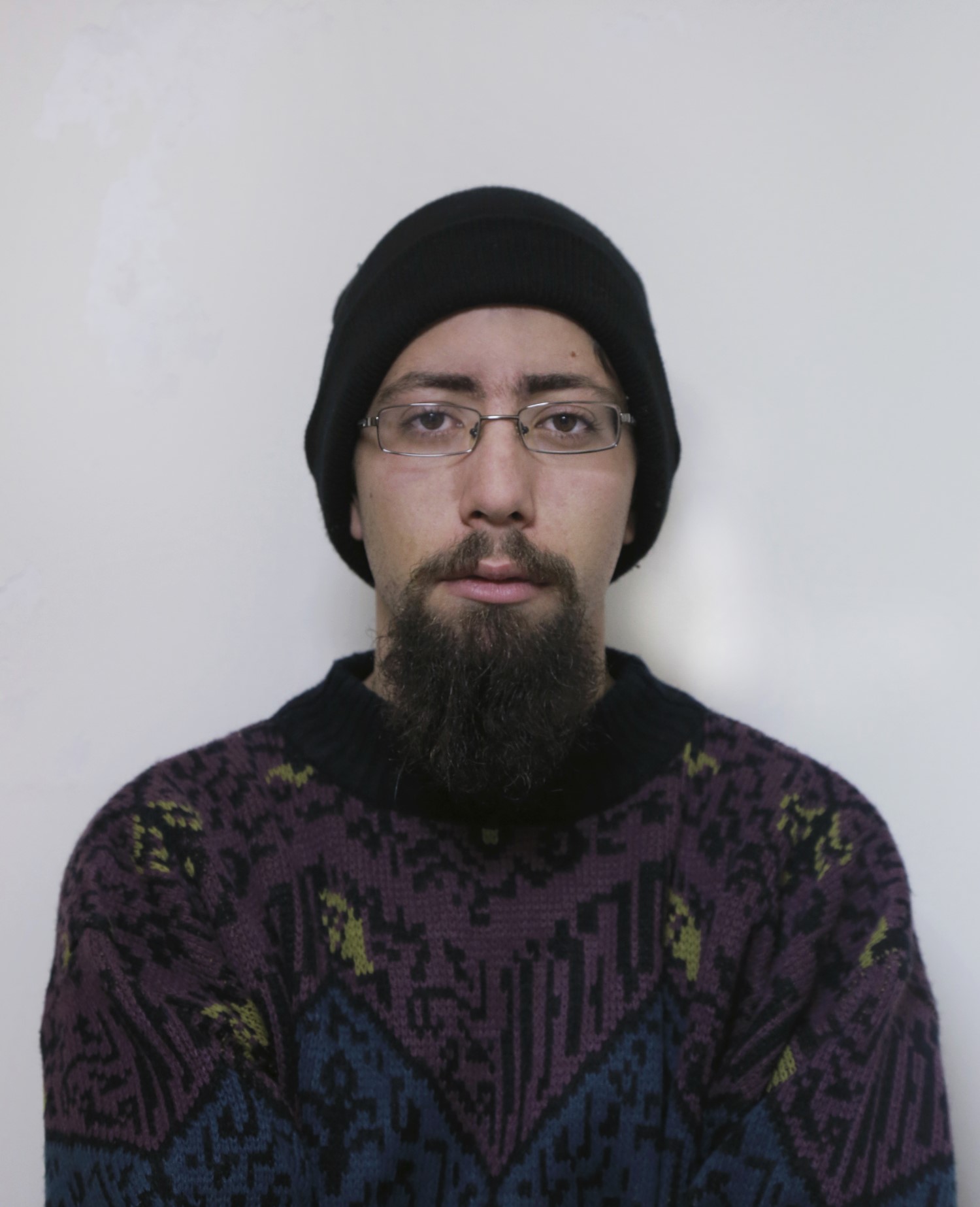
Soili Smith (Rutgers University-Newark)

Eleni Takou (Human Rights 360)

